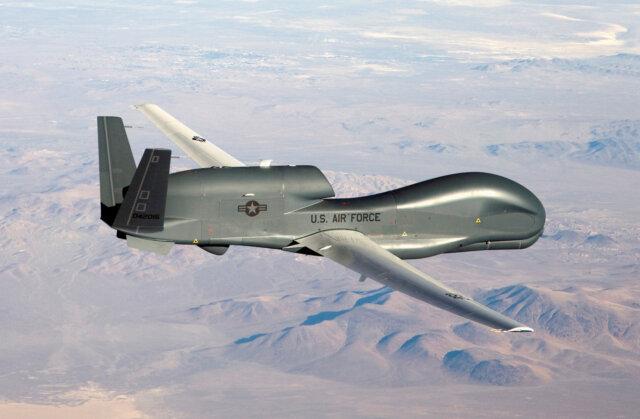Moscow is considering means of responding to what it calls “provocations” by U.S. drones operating over the Black Sea, according to Russia’s defense ministry.
“Defense Minister Andrey Belousov has instructed the General Staff of the Armed Forces to draw up proposals for mounting a prompt response to the [U.S.] provocations,” the ministry said in a June 28 statement.





